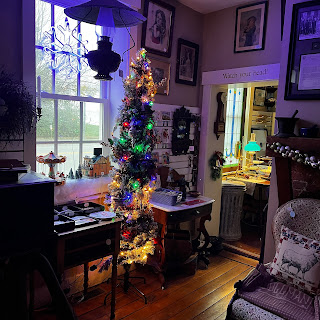Before There Was Google
In honor of school starting up, I thought about doing a post on the history of school buses. Maybe for another day. My own kids are headed to class soon too, but they won't be traveling on a school bus. They have cars of their own, and will drive 2.5 and 3.5 hours away, respectively, to their universities. I will miss them so much and I can't believe the summer has ended already.
Well, not technically. Summer's still here till September 22.
I had to Google that to find out the first day of fall, aka the Autumnal equinox. Like the Vernal equinox (aka, first day of spring, which was March 20), it's when day and night are exactly the same length of time. The word comes from Latin "equi" or "equal" and "nox" meaning "night." Of course, that means the first day of summer has the longest amount of sunlight, and the first day of winter has the shortest amount of sunlight.
Thanks, Google! (Or some other search engine, optionally, such as Bing, which is what Siri will use if you ask her / him.)

What did people do before there was Google?
We had encyclopedias. If your family had a World Book or Britannica set, you were in luck! Otherwise you'd need to visit the library and use theirs. Shuffle through the card catalog, a feat which required knowing the Dewey Decimal System (which is still used, but few people without a Masters in Library Science care). Fortunately, most if not all libraries had it posted on the wall, for reference.
You could also ask a librarian.
Judging from some of the questions from pre-Internet days shared by NPR, search habits haven't changed all that much. They're just... more private. (Thank goodness... my own search history is pretty weird. Typical for a writer.)
Most people enjoy learning new things. I went back to college a few years ago and I loved it! And I miss it. I think one of the things we like about taking classes is the validation we receive in the form of instructor feedback and grades. We rarely get that in adult everyday life. But you can still keep learning! Did you know that thousands of university-level classes are available online for free? Here are a few:
EdX — https://www.edx.org/ (classes are free, pay for certification)
Coursera https://www.coursera.org (lectures and non-graded material is free, you pay for graded assignments and certificates)
Lynda.com — https://www.lynda.com (a subscription site, but if you have LinkedIn Premium you get free access, and also you may be able to get free access through your library)




Comments
Post a Comment